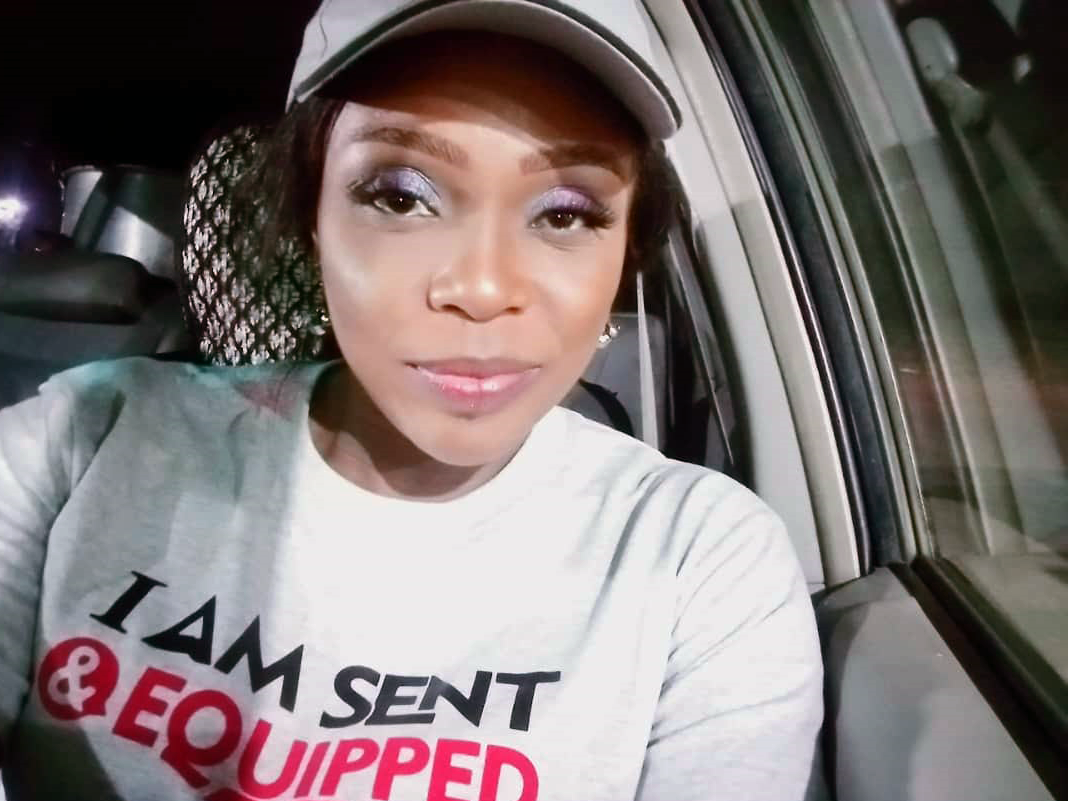Let me kick off by wishing all of you a happy 2020. Welcome to a year of divine health. Today we are going to do a little x-ray on fasting. For those who dare to observe this highly beneficial exercise, the Bible in Isaiah 58 and verse 8 points out that And thy health shall spring up speedily , hence speedy health is one of the major benefits of fasting. Isn’t it heartwarming to note that God has made provision for our health to improve when we fast? However, many mess up this beautiful window of replenishment that fasting affords by eating the wrong stuff to end their fast or after the break of fast.
Rather than make up for skipped meals, we can instead extend a hand to the poor and needy with the saved resources
We should not also lose sight of the fact that fasting is abstinence, mostly from food. Biblically, it is accompanied with a strong desire or need for change, Daniel 9:3. Apart from the desired divine intervention, there ought to also be some set personal goals, especially within our body system.
Having said that, we must realize that “Nutrition is a science and not an opinion”, and we should be guided by this understanding which will bring us to the full realization of the fact that what we eat reflects positively or negatively on our bodies. As a result, the following rules should guide our food intake if we must get the full benefits of fasting on our bodies.
Food types to avoid at the break of fast
Some types of food after a fast are just not advisable. For example, it is foolhardy to go for junk food or sugar-loaded meal after your fast. You should be cautious when it comes to the choice of food after every fasting exercise. Sodas, malt, soft drinks in general all have high sugar content and can be acidic in the stomach.
Another group of food is fruits. Yes, fruits; due to their fructose content, a type of sugar that has to go through and is absorbed in the small intestine, gets converted and used as energy in the liver. This process can be cumbersome for the liver and can cause insulin resistance.
Also, avoid gluten sources like wheat, barley [malt] and rye.
Dairy is not advisable because of its propensity for causing an acid surge in the body due to its protein richness and the presence of calcium which can lead to inflammation. Save the diary for latter times.
Carbohydrates and fats together when consumed will get in the cells and get stored.
Cruciferous veggies can inhibit the absorption of other minerals and cause bloating; for example raw broccoli, cabbage and so on. Please steam them a little before consumption.
Moreover, avoid garlic, garlic spices and onions because they do not digest in the small intestine during fasting; they just ferment there causing bloating and water retention.
Pre biotic fibers like asparagus can grow the bad bacteria in the body more.
Please note that the period to avoid the above types of food is basically when you are transitioning from fasting to feeding. Take the process seriously so as to enhance your overall health.
Things to take for breaking your fast and afterwards
Take two tablespoon of apple cider vinegar in warm water.
You can also eat lean white chicken, fish to reduce the insulin spike in the body and reduce blood sugar spike. Please no fats!
If you can, take bone broth soup with some veggies in it; this will help to heal your gut system.
Please take advantage of the above tips the next time you engage in a fast, and your health will be the better for it.













